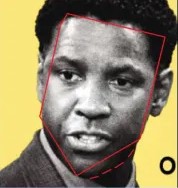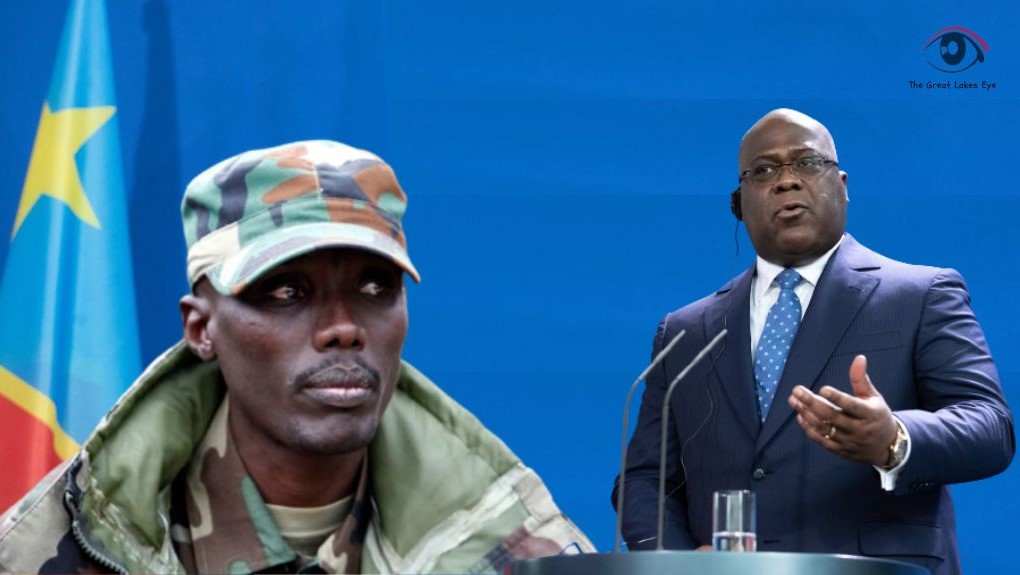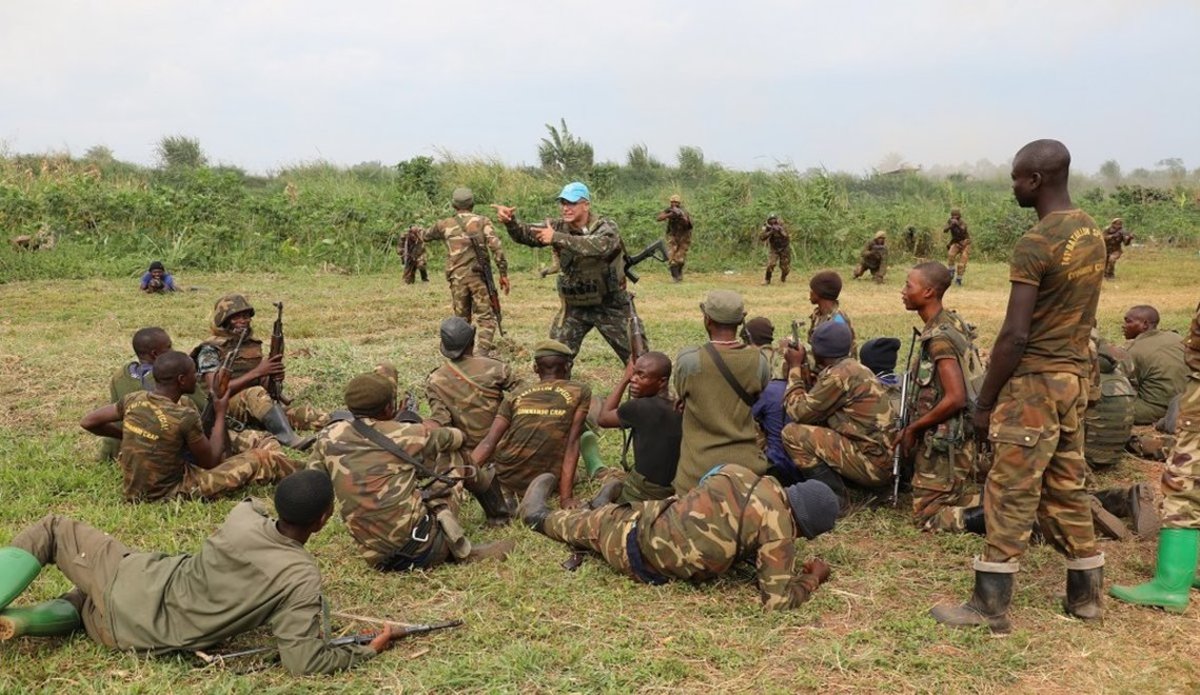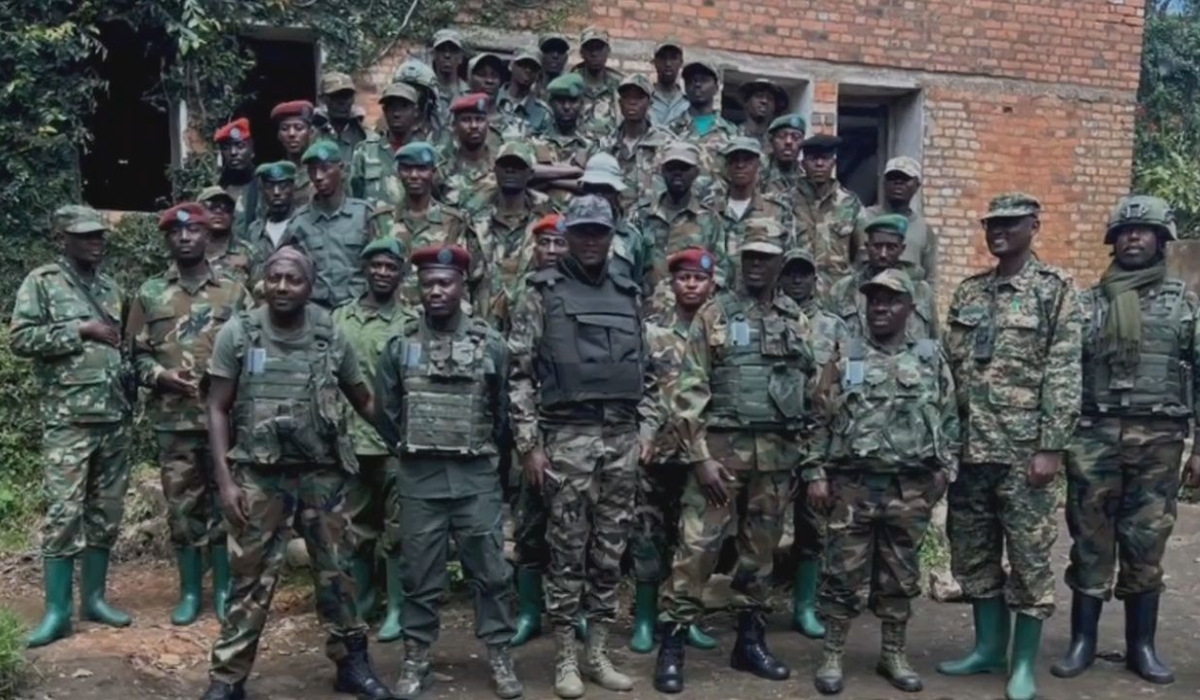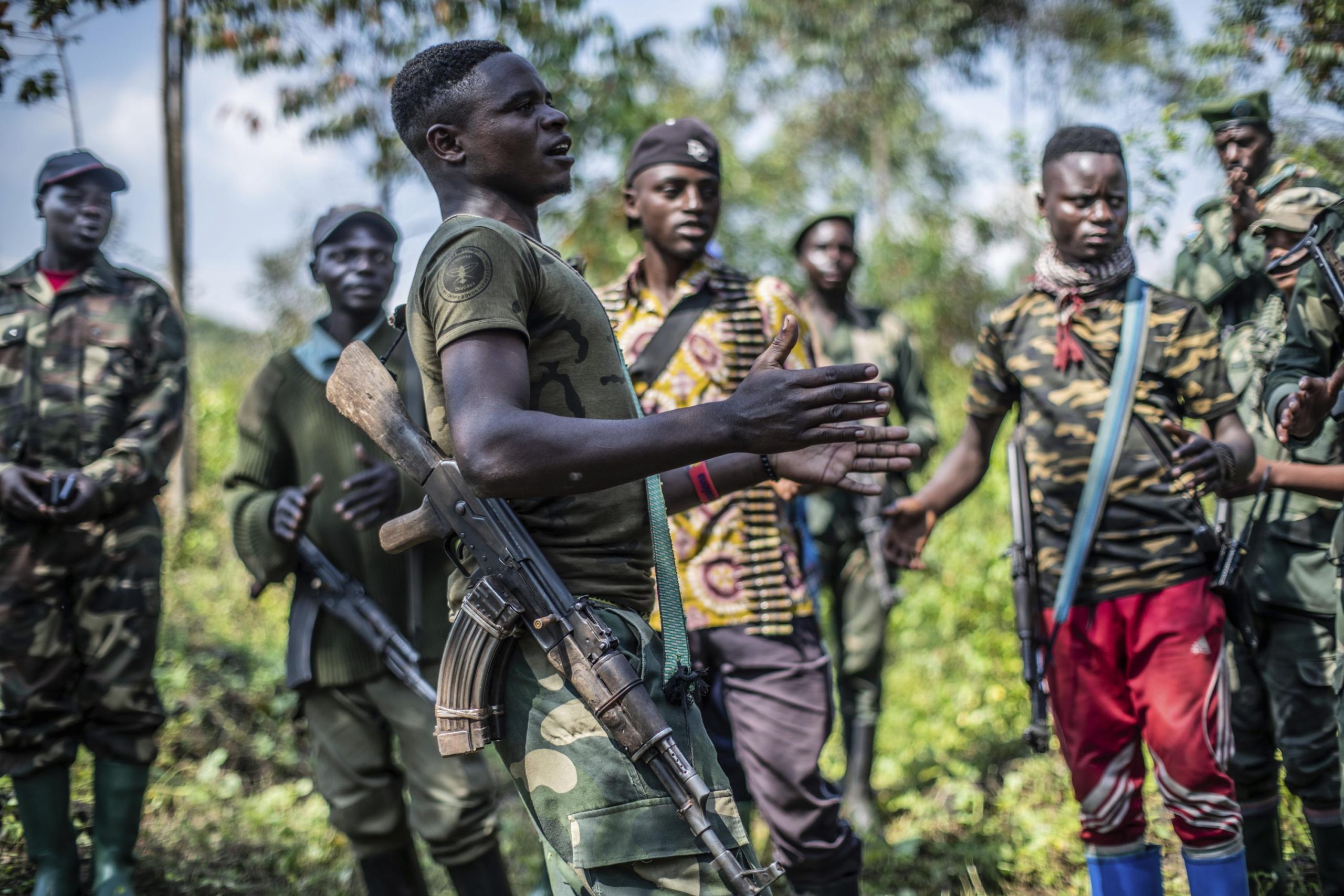Regional
DRC recognizes AFC/M23 territorial integrity
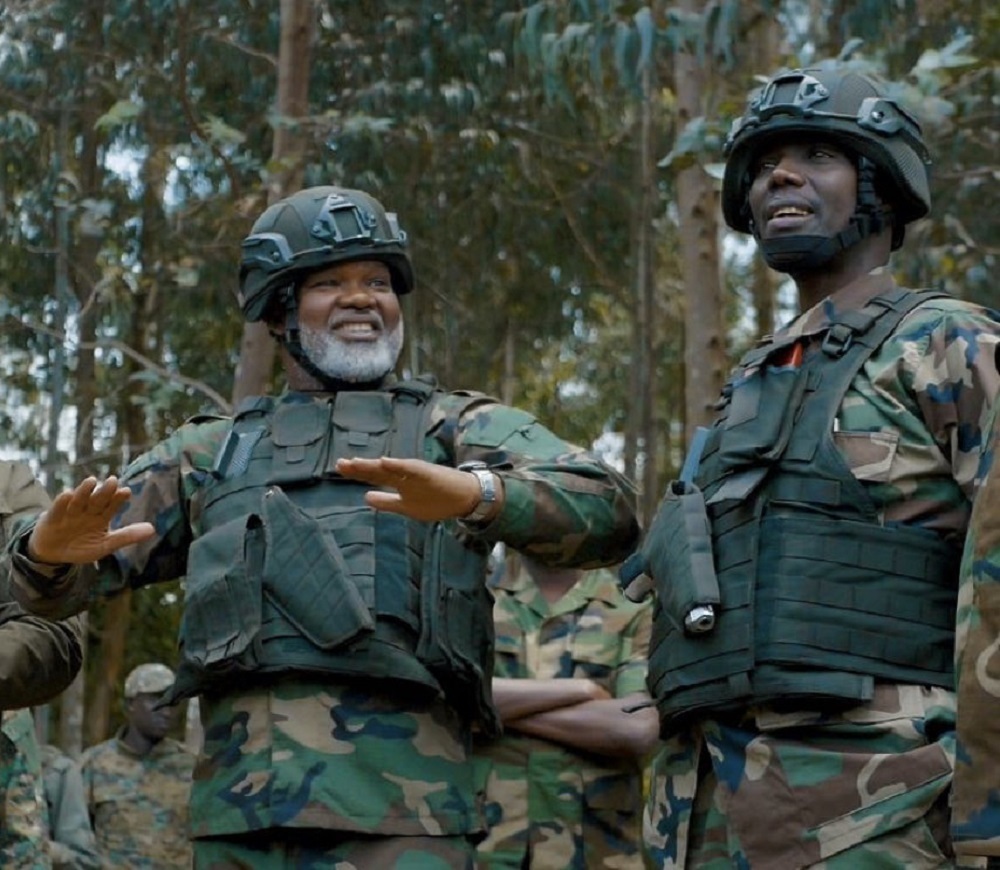
AFC/M23's President Corneille Nangaa and its military commander Gen Sultan Makenga.
The armed forces of the
Democratic Republic of Congo, FARDC, denied flying over areas in Lubero and
Rutshuru territories controlled by the AFC/M23 rebels. In a statement issued on
August 26, the Congolese army refuted the allegations, which surfaced amidst
ongoing fighting in eastern DRC.
“This is an attempt to blind
public opinion, because for the past 48 hours, due to weather problems, no
FARDC or Partner aircraft has been able to take to the skies in North Kivu
around the areas under their control."
The statement came after the
AFC/M23 rebels accused Kinshasa of flying over their arreas on August 25.
According to the rebels, this constitutes a flagrant violation of a ceasefire
deal and an unacceptable provocation.
Political analysts suggest
that the FARDC's denial of "violating" AFC/M23 airspace implies a
recognition of the territorial integrity of the areas controlled by the rebels.
This acknowledgment could be seen as an indication that the establishment of
the Kivu Republic might be possible.
Regional political analysts
said that the possibilities of the independence of North and South Kivu
Provinces, perhaps, would help end the long-lasting killings targeting unarmed
civilians in the vast region.
Their suggestion is based on
the fact that the hostilities are escalating more especially in localities
controlled by the Congolese army coalition than in areas under the control of
AFC rebels. Ever since their resurgence in late 2021, the M23 rebels occupied
swathes of territory in North Kivu Province.
The rebels control towns such
as, Mweso, Mushaki, Kirumba, Rubaya, Kanyabayonga, Nyanzale, Bunagana, Kiwanja,
Kitchanga, Rutshuru and Sake, and vital access roads to Goma, the capital of
North Kivu Province.
Earlier, M23 spokesperson
Lawrence Kanyuka said the rebel group is not in the campaign to conquer
territories, but it found itself “obliged to silence” the enemy's heavy
artillery, drones and combat tanks at their source.
Kanyuka said their
politico-military rebel group was “coming to liberate” the residents of
localities which were occupied by the Congolese army and militia groups that
were persecuting Kinyarwanda-speaking Congolese.
Civilians in rebel held areas
feel secure, and have been requesting the rebels not to leave them. They fear
that if the rebels leave, Wazalendo, FDLR and Congolese army elements will
return to massacre them.
The rebels insist that they
want dialogue with Kinshasa. The latter continues to refuse talks, branding the
rebels as “terrorists”.
Since DRC refused dialogue
with AFC/M23, or protecting and recognizing Kinyarwanda-speaking Congolese, the
rebel group has no other choice other than protecting its community.
The AFC/M23 rebels are
fighting against a big Congolese army coalition comprising Burundian troops,
SADC troops, eastern European mercenaries and private military companies, FDLR,
the UN mission in DRC, MONUSCO, and a myriad other local militias grouped under
the so-called Wazalendo.
There will be need to fully
secure both provinces where Kinyarwanda-speaking Congolese predominantly
reside. With this, the hundreds of deadly armed groups will no longer be
allowed room for maneuver in the region as it will remain under the control of
AFC/M23 rebels.
Analysts say that this would
help to end the decades-long hostilities in eastern DRC, and enable the
repatriation of hundreds of Congolese refugees in exile.


